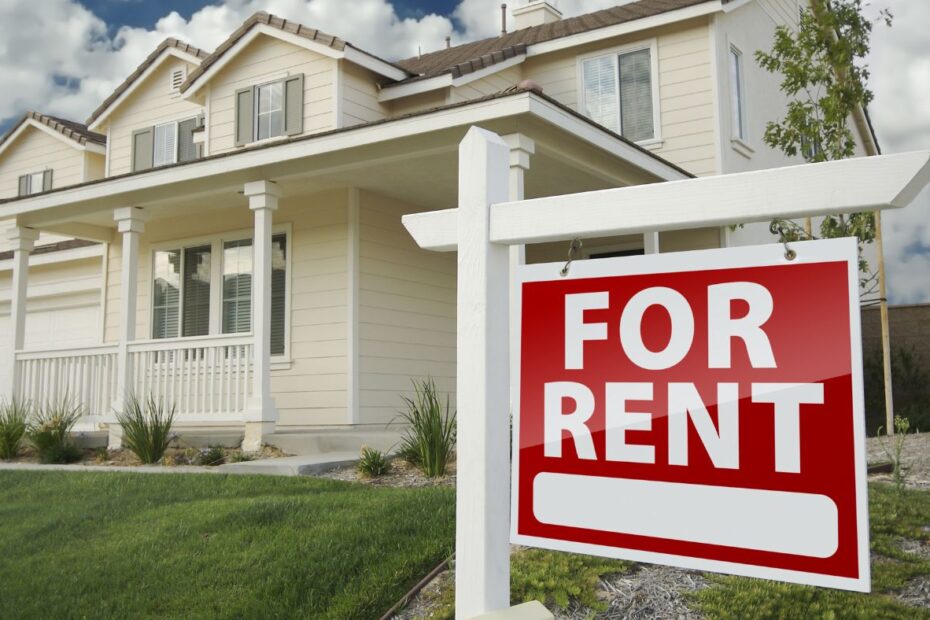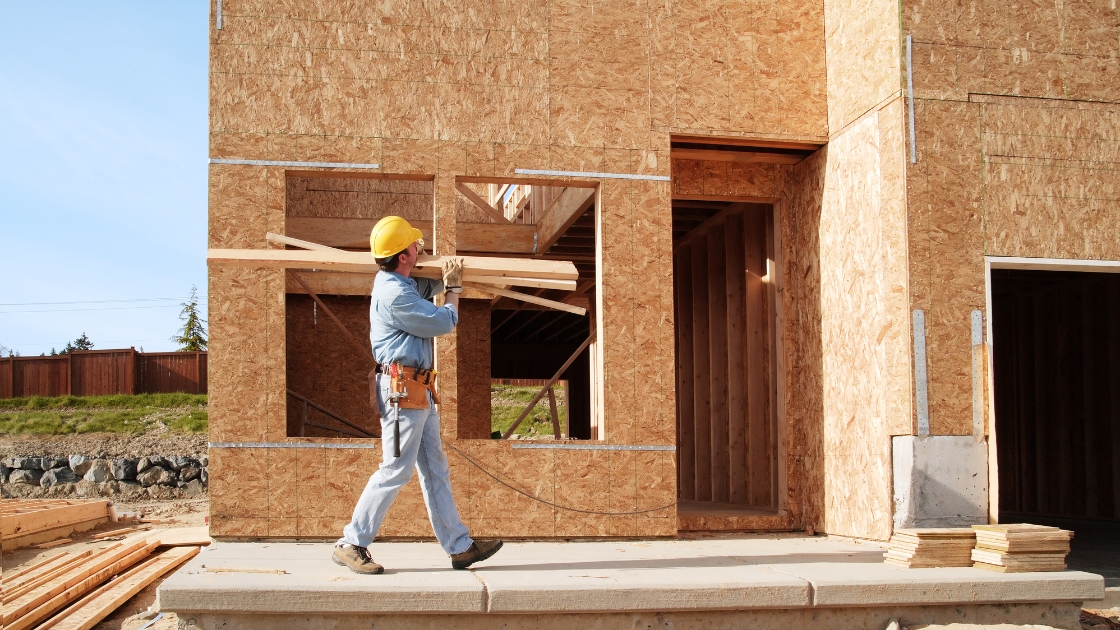How Can It Affect You as An Independent Landlord?
The housing crisis in the US has been a perennial political, social, and economic problem that has challenged administrations from the present to decades past. For 2024, the US is experiencing a housing shortage of 4.5 million housing units. Though the proposal has to pass through Congress before it becomes law, corporate landlords are already dismissing Biden’s planned 5% rent cap.
Corporate landlords and some real estate associations view the proposal as counterproductive. They think that the proposal to cap rent is unlikely to solve the housing affordability problems of most households. Many landlords want the issue solved through supply-and-demand economics alone, seemingly without government intervention. Addressing the housing supply problem is a priority, as it will undoubtedly make Americans’ lives easier.
The Rental Property Market Overview
The United States needs to build 4.5 million homes to cover the housing shortage it is currently facing. A shortage of 4.3 million housing units in 2021 means an increase in the number of Americans looking for housing, rentals, or not. When the supply of housing units does not meet the demand, there is a big chance that rent prices will go up, affecting affordability. Housing affordability is an issue that lingers in the social, economic, and political fabric of Americans’ everyday lives.
The average rent has been growing for years. In 2023, rate increases ranged from the lowest at 2.9 percent to as high as 5 percent. Across the United States, on average, to rent a studio apartment, you’ll have to shell out $1,544 per month. For a 3-bedroom residence, on the other hand, the current average rent is $2,197 per month.
In Houston, the average rent price is even higher than the national average. Rent price this June 2024 hit a record high of $2,373, an increase of 1.3% from June 2023.
How Rent Impacts Tenant Income
More than 22 million of renters allot at least 30% of their monthly household income for rent and utilities alone, according to a report from Forbes. Some tenants even budget 50% of their income for rent, leaving them with less funds for other living essentials. The rent cap aims to provide stability for tenants and reduce instances of evictions and homelessness.
Rent Cap Limitations
President Biden’s plan for affordable housing will make it easier financially for Americans who struggle to pay rent. However, many landlords, real estate investors, and related associations see the cap as a hindrance to building more rental units. Corporate landlords own half of all rental housing units in the country, equivalent to 20 Million homes across the United States. Independent small and medium-sized real estate investors own the other twenty million units.
For Whom the Rent Cap Tolls: FAQs
Will my rental business be affected by the rent cap?
The proposed rent cap mainly affects corporate landlords with 50 or more rental units. If you’re an independent real estate investor, you can still increase rents beyond the 5% cap. Average rental payments in the United States in the last year increased by only 3.2 percent; thus, there is still an ample window until the proposed rental cap, and landlords may still have a comfortable net rental income collected. Under the proposal, corporate landlords can still raise their rents by more than 5%; however, they can no longer apply for federal tax breaks or write-offs on property depreciation.
How does the 2-year rent cap limit work?
The 5% rent increase cap is temporary, it only lasts 2 years. This gives tenants some financial breathing room, while the government aims to increase housing supply by opening federal land for development. Corporate landlords argue that rent control could reduce the pace of new housing construction, particularly for low- and middle-income families.
What impact does the rent cap have on small landlords?
Small and medium-sized landlords aren’t bound by the 5% cap and can raise rents as needed. This proposal won’t significantly affect their investment or expansion plans. Many large investors believe that capping rents might push them to invest in more profitable areas. If big investors slow down on building new units, this could open up opportunities for small and medium-sized landlords to expand, potentially increasing their influence on rental policies.
What could the rent cap mean for new real estate investors?
For new real estate investors, the rent cap could actually be an advantage. Since the cap only affects large corporate landlords with 50 or more units, small and beginner investors aren’t restricted by the 5% limit. This can create opportunities to offer competitive rental rates and attract tenants who might be priced out of larger properties. Additionally, with corporate landlords potentially slowing down on new construction, there could be less competition, giving new investors a chance to grow their portfolios in a less crowded market.
Conclusion
The proposed 2-year 5% rent cap by President Biden has sparked debate, particularly among corporate landlords who argue that it could hinder new housing construction and fail to address the underlying issues of housing affordability. However, the cap primarily affects those with 50 or more units, leaving small and independent investors with room to maneuver. This presents a unique opportunity for smaller investors to expand their portfolios and capitalize on potential gaps left by larger players.
If you’re considering starting or growing your real estate investments, now is an opportune time. GL&L Holdings can help you navigate this landscape, whether through joint ventures, providing financing, or a private co-lending partnership. Reach out to us today to explore these opportunities.


